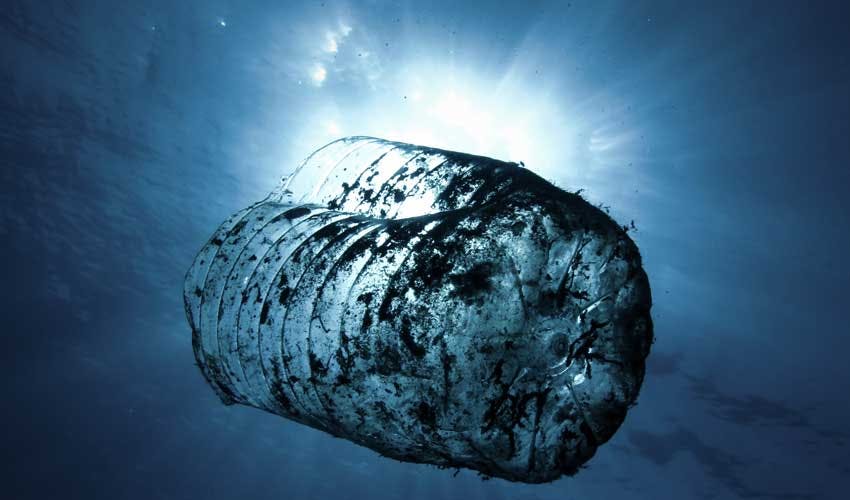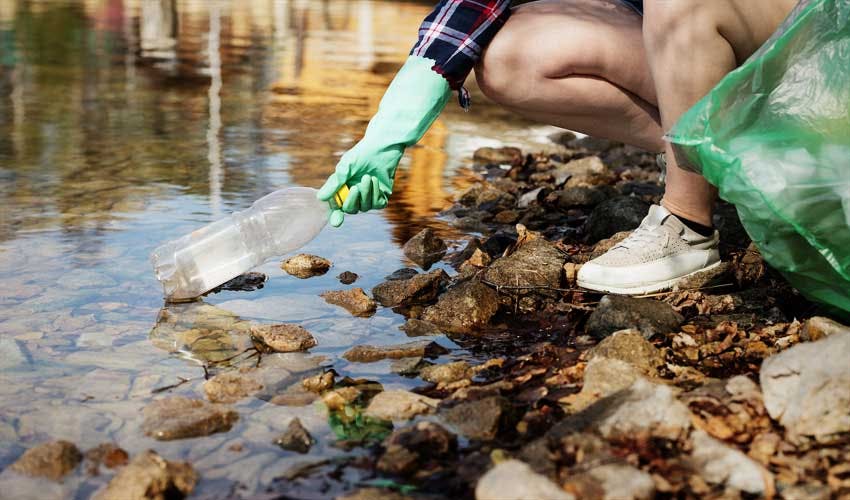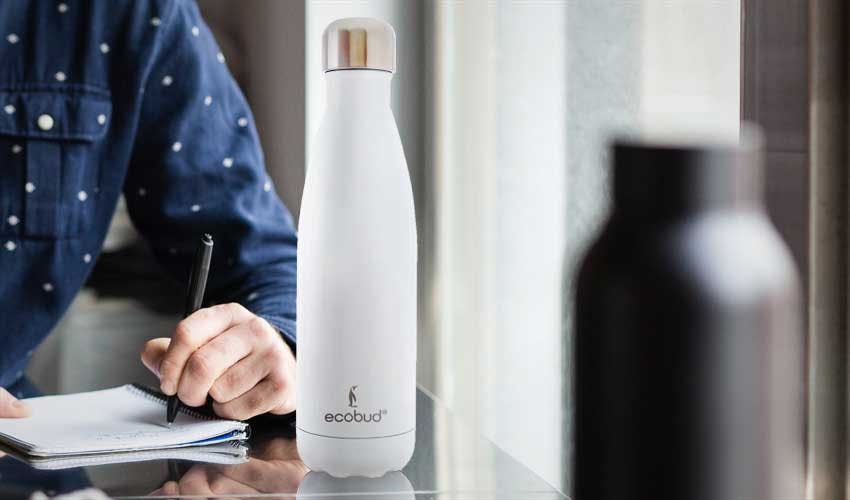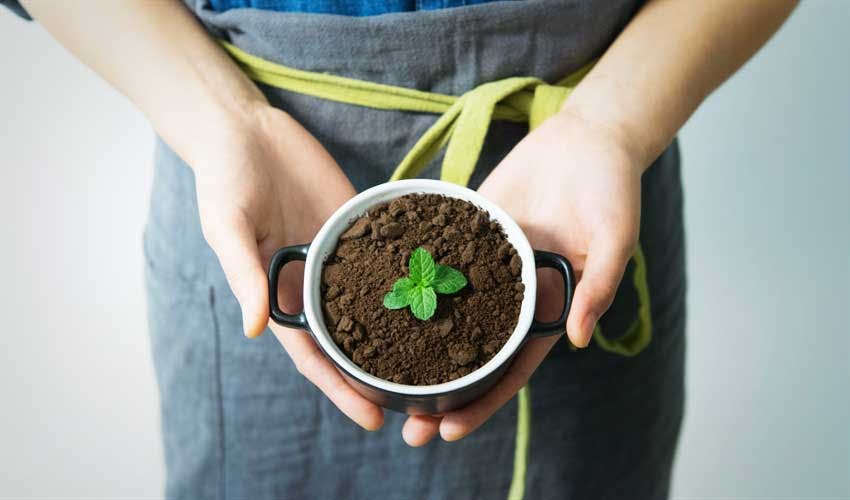Over the last couple of decades, people have grown more and more reliant on plastic. The consistent use has made plastic waste an ecological problem of rather massive proportions. This involves plastic waste gathering in bodies of water such as oceans, rivers, and streams. Aside from the obvious trash issue, there's also a health concern that arises: toxins then leak into the water people end up taking in.
In order to help save the Earth and keep it healthy, a lot of people have since tried to take their plastic consumption down considerably. Replacing plastic bags with paper bags and recycling are just some of these key ways to reduce waste and lessen their carbon footprint.
No matter the means, it's clear that responsibility is being taken on by people everywhere to lessen the way they end up adding to the problem with plastic. A great way that many have chosen is through giving up single-use plastic bottles in favour of a reusable, eco-friendly water bottle.

What kind of harm does plastic water bottle use inflict on the environment?
To begin with, the very production of these single-use plastics involves oil. They're not biodegradable in the least; they've contributed so much to the ocean's garbage deposits. All plastics generally start from oil.
Prior to the creation of the bottle, there's already the matter of oil being extracted through drilling into the Earth. There's also the matter of its refinement. A study found that in a year, roughly 17 million barrels of oil are needed to make enough disposable water bottles for a whole year. So each bottle is made with oil that can fill up to 1/4 of it. A 20oz bottle, for example, is directly equivalent to 5oz of crude oil. Every thousand bottles lead to a single oil barrel.
Compare that to motor fuel, which a barrel of oil can create roughly 20 gallons of. This means that aside from the environmental impact, there are also gas prices being inflated. Reports have shown that bottling water leads to an annual carbon dioxide pollution of around 2.5 million tons.
That's before it's even been used!

When a plastic water bottle does get used then thrown out, there are heavy consequences:
- It takes around 700 years before plastics actually dissolve.
- Landfills in the Australia see up to 373 million plastic water bottles annually.
- Microplastics end up in drinking water.
- Plastic water bottles are part of the overall plastic waste which leads to a little over a million marine animals per year being killed.

Why use a reusable water bottle?
Body hydration is crucial, which is why at least 8 glasses of water a day is generally recommended. While it seems like a small step it's actually quite big. There can be difficulty in resisting the urge to buy a drink that's in a plastic container or to just buy water in a plastic bottle then throw it out after. Production of reusable water bottles requires less oil, and it lowers plastic waste in landfills and the environment.

Conclusion
Plastic water bottles have terrible consequences on the environment and on one's health. They require a lot of oil to make and take hundreds of years to dissolve, contributing heavily to the plastic waste problem. Reusable water bottles are the ideal solution because they require less oil to make and can last for many years, replacing the many single-use plastic water bottles that would have been used otherwise.
Looking to get a reusable water bottle so you can always have accessible drinking water? Check out Ecobud today! We aim to build a genuine connection between your lifestyle and cleaner living.